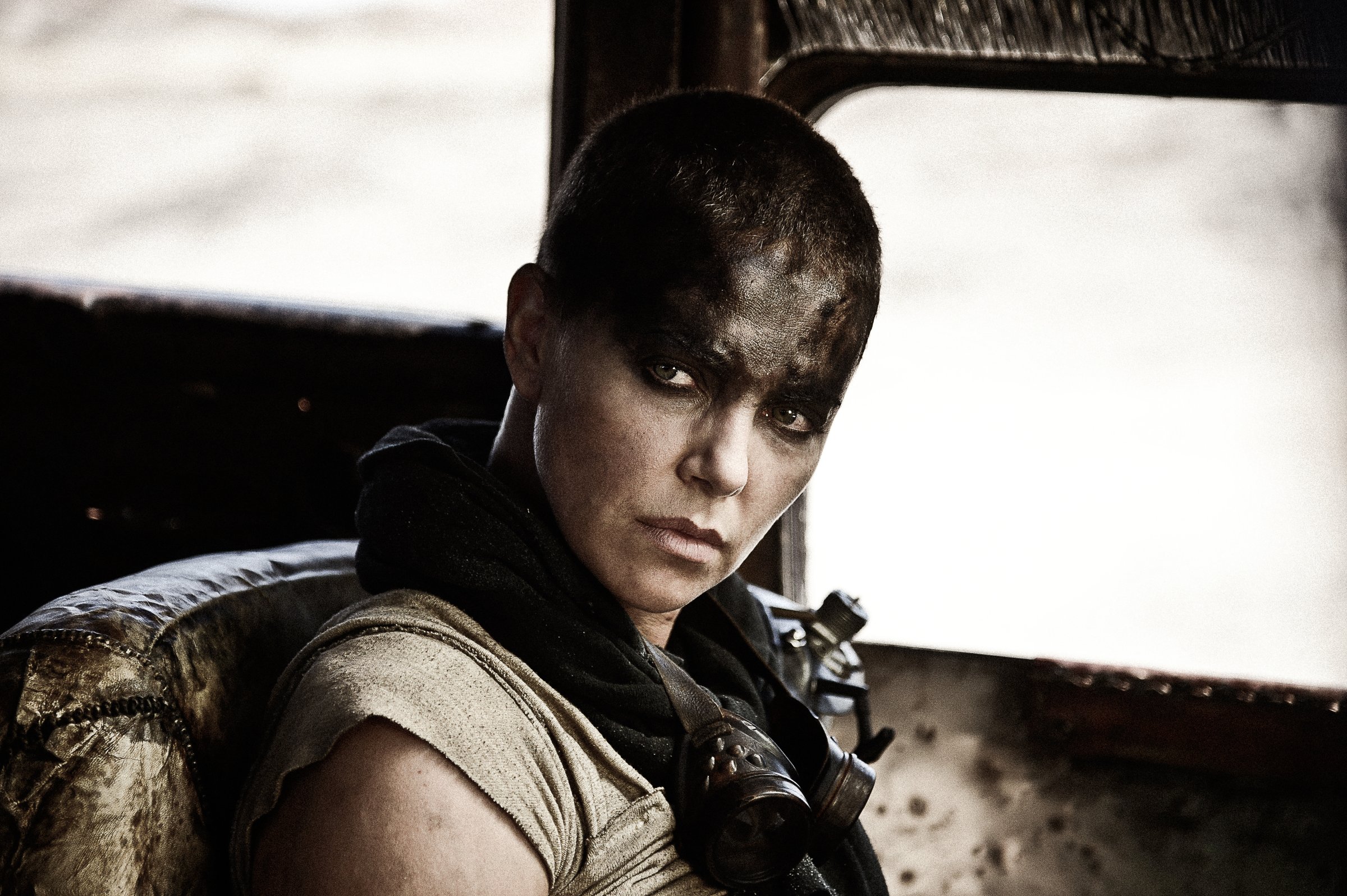
Here’s a surprise: Tom Hardy, a.k.a. Mad Max, isn’t the star of Mad Max: Fury Road. Charlize Theron is. An even bigger surprise? Vagina Monologues author Eve Ensler consulted on what turns out to be a very feminist film.
In the action movie, an evil ruler becomes enraged when he discovers that Charlize Theron’s character, Furiosa, has helped his sex slaves escape his grasp. Behind them they leave the message: “Women are not things.” Furiosa encounters Max on the road, and they team up in search of a matriarchal promised land with bad guys in hot pursuit. Theron, not Hardy, leads the charge; she also does the majority of the fighting.
Director George Miller asked Ensler to join the cast on set to talk about violence against women. Ensler spoke with TIME about her experience on set, the feminist messages in the film and how she hopes it will help to get more women’s stories on the big screen.
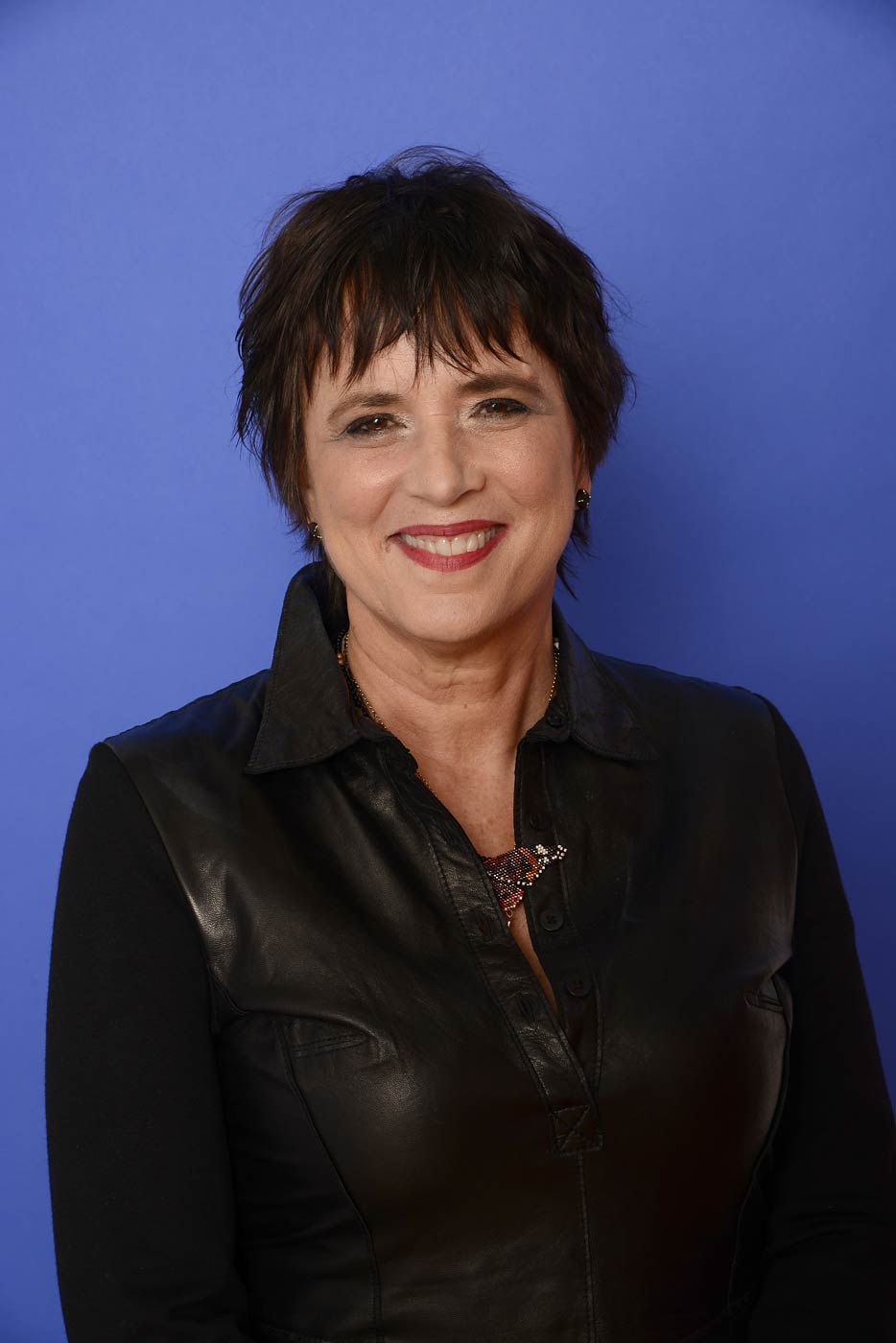
TIME: It’s so rare that a big blockbuster film takes on these themes, let alone brings someone with your background on the set to consult. How did that come to be?
Eve Ensler: It was as surprising to me as it is to you, which is why I decided to do it. I think [director] George Miller heard me give a talk on human rights in Sydney. He asked me if I would be willing to come to Namibia for a week where they were shooting and work with the cast members—particularly the wives. He wanted me to give them a perspective on violence against women around the world, particularly in war zones.
I read the script and was blown away. One out of three women on the planet will be raped or beaten in her lifetime—it’s a central issue of our time, and that violence against women relates to racial and economic injustice. This movie takes those issues head-on. I think George Miller is a feminist, and he made a feminist action film. It was really amazing of him to know that he needed a woman to come in who had experience with this.
Part of the reason we see so few women’s stories on film is that there are very few female directors given the reins to big franchises like Mad Max. Obviously, this film was directed by a man and is still very feminist. Do you think feminists will respond by saying, “Great. That’s a step forward. But it would have been better if it was directed by a woman”?
I welcome men who are feminists. I don’t live in a world of either/or. I live in a world of this and more. Obviously, we need many more women and many more women of color and many more women who are experiencing realities that haven’t been given platforms. But I think this will encourage that when people see how exciting and compelling it is.
You’ve been working for 20 years to end violence against women. How did you share those experiences with the actors?
They asked me questions about their characters. What would it mean to have been a sex slave held for a long time in captivity? What would it feel like to carry a baby of someone who had raped you? What would it mean to feel attached to your perpetrator despite the abuse because it had go on for so long? How after you are raped, your body becomes a place that you dissociate from, a landscape of terror. I wanted to give them context. We spoke about the Comfort Women, who were kept as slaves by the Japanese, and about rape and violence in places I have spent a lot of time like Bosnia to Congo to Afghanistan to Haiti. We spoke about sex trafficking in America, which is rampant.
A lot of films promise that they’ll have “strong female characters,” but they become damsels or sidekicks. How do you think Mad Max is different?
George was looking to create empowered women, not victims, and I think he accomplished that. I don’t remember seeing so many women of all different ages in any movie before. I was really blown away by the older women in the film who were just as good fighters as the men. I’d never seen that before. They all have so much agency and independence.
Charlize’s character is also really fierce. But at the same time, she’s compassionate. And that’s a hard thing to pull off. All the women felt full in terms of their backstory. Even something subtle like their clothes in the film: they’re stripped down and vulnerable and objectified in the beginning. By the end, they have their clothes on. They’ve taken their bodies back and themselves back in some essential way.
And the journey of the film: women who are willing to give up enslaved comfort for liberation and risk death to do it. It’s the rising feminine rebelling against the patriarchy.
I also appreciated that these strong women were compassionate and didn’t get punished for it.
All the women in the film maintain their inherent woman-ness. They’re tender and loving and still fierce. They get to be all those things. It’s this powerful question: how do women survive in a patriarchal, violent culture? How do they keep their souls intact in a war zone?
And that question wasn’t bogged down by romance.
Wasn’t that brilliant? He could have easily paired Charlize and Tom. But it was like, we’re not going to make this about a woman gives up her power and falls in love with a guy. They’re going to fight side by side, and the woman will save the man one moment and he’ll save her the next.
Do you think if this movie succeeds at the box office, it will prove that audiences want to see women’s stories too?
I hope so. I think George has done it in quite a genius way and managed to weave that story into a movie that will attract a lot of people for other reasons. At its heart, this is a woman’s story. In one scene, he shows those milking machines where women are nothing more than their milk, and it’s so symbolic. Even that first sign where it says, “Women are not things.” Where have we seen that before?
It’s a sort of sneaky feminism. When you say the premise—a woman warrior escapes with female sex slaves—that doesn’t necessarily sound like a blockbuster. But because it’s an action film, guys will see it. Something similar is happening with another summer film: Amy Schumer, who’s a really outspoken feminist comedian, is coming out with the rom-com Trainwreck. LeBron James is in the movie, which I think might lure men who might not otherwise go. Is that subversive feminism the best way to address women’s issues in film?
One day, we won’t have to sneak it. One day we will be overt. One of the great things about this film is that when you have women on your side, you have a better chance of surviving. It’s clear that we’re all served better when women are equal. We don’t want to dominate. We just want our stories to be given equal consideration—to also get a spot on the playing field.
See Iconic Franchises Before and After Their Reboots
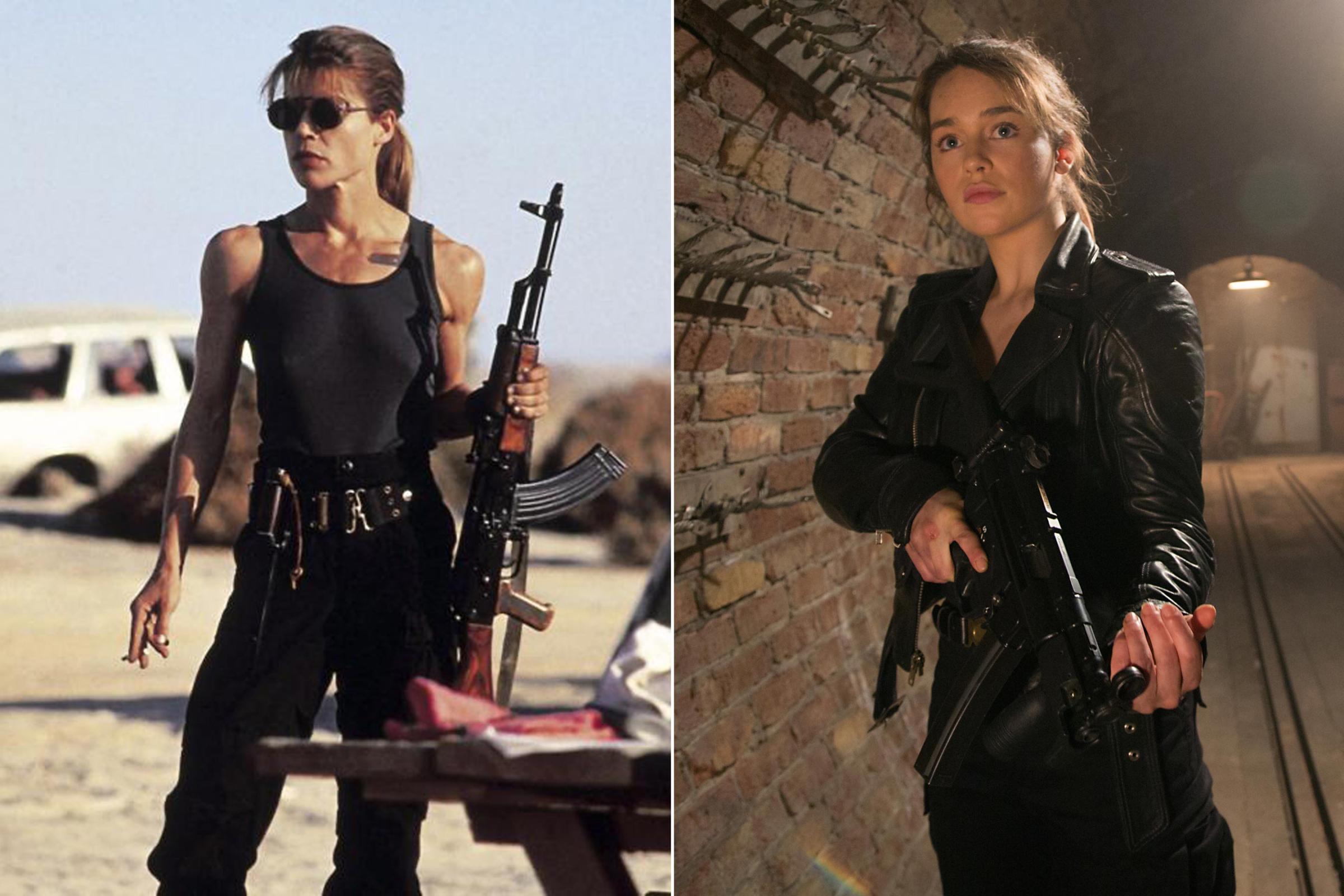
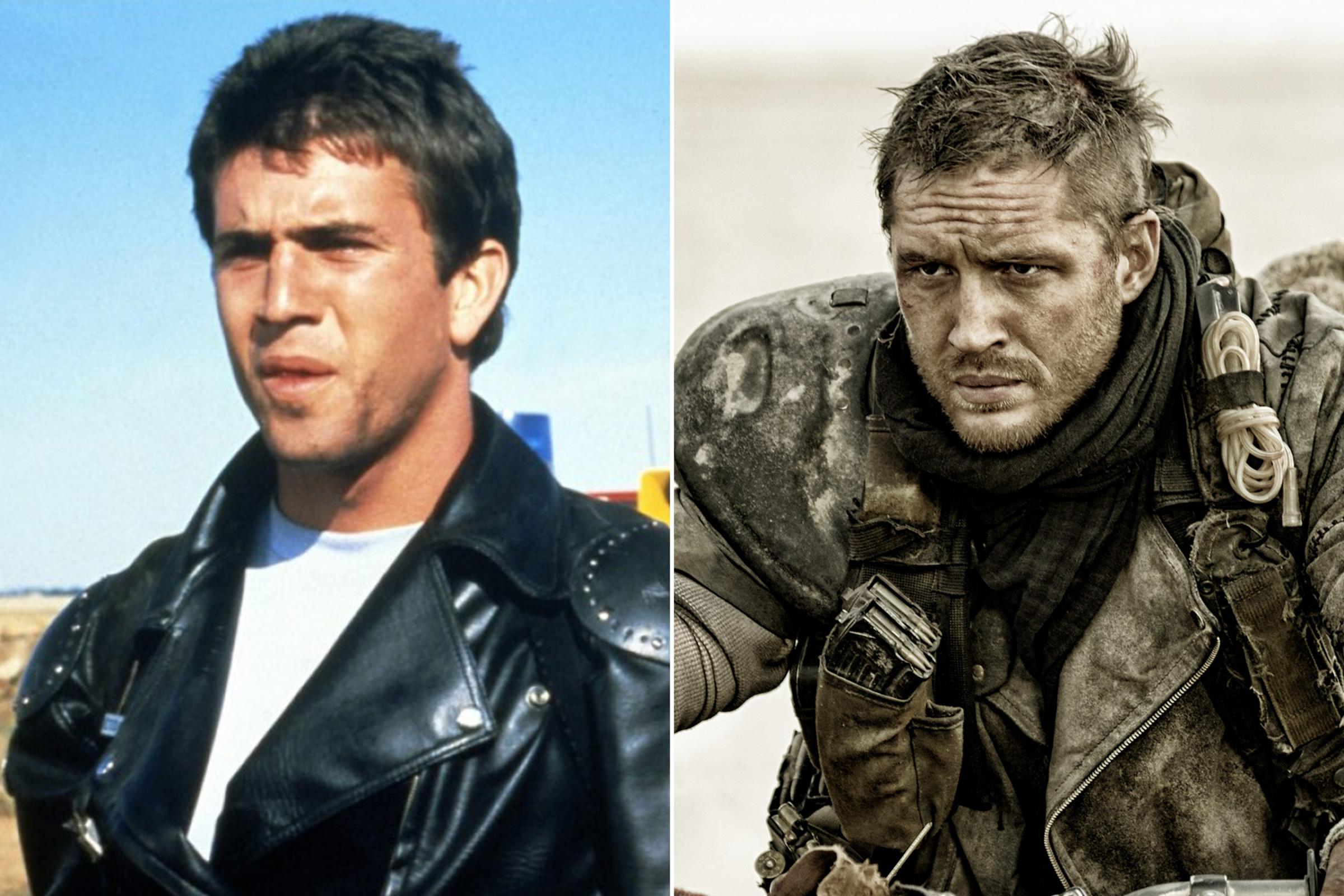
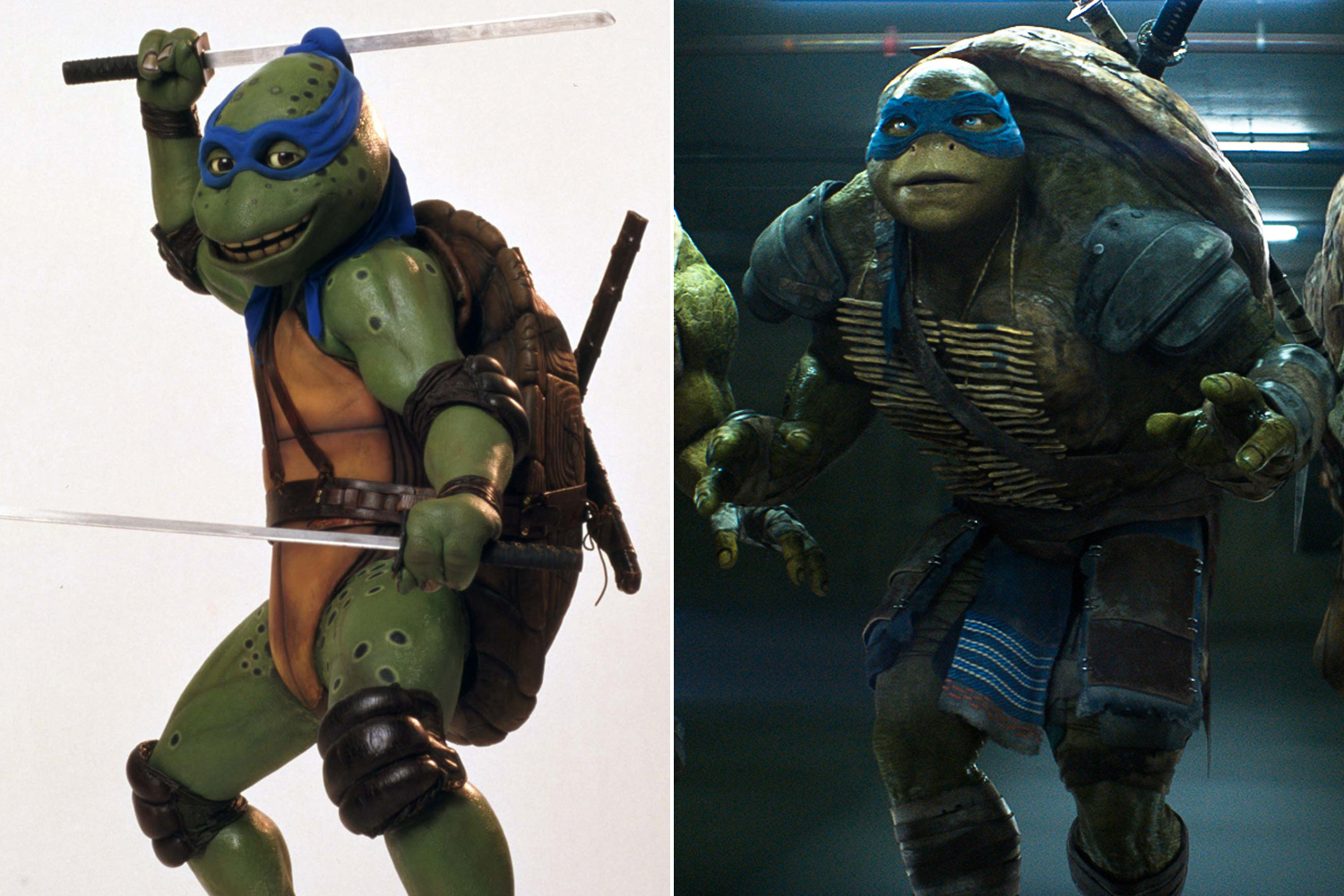
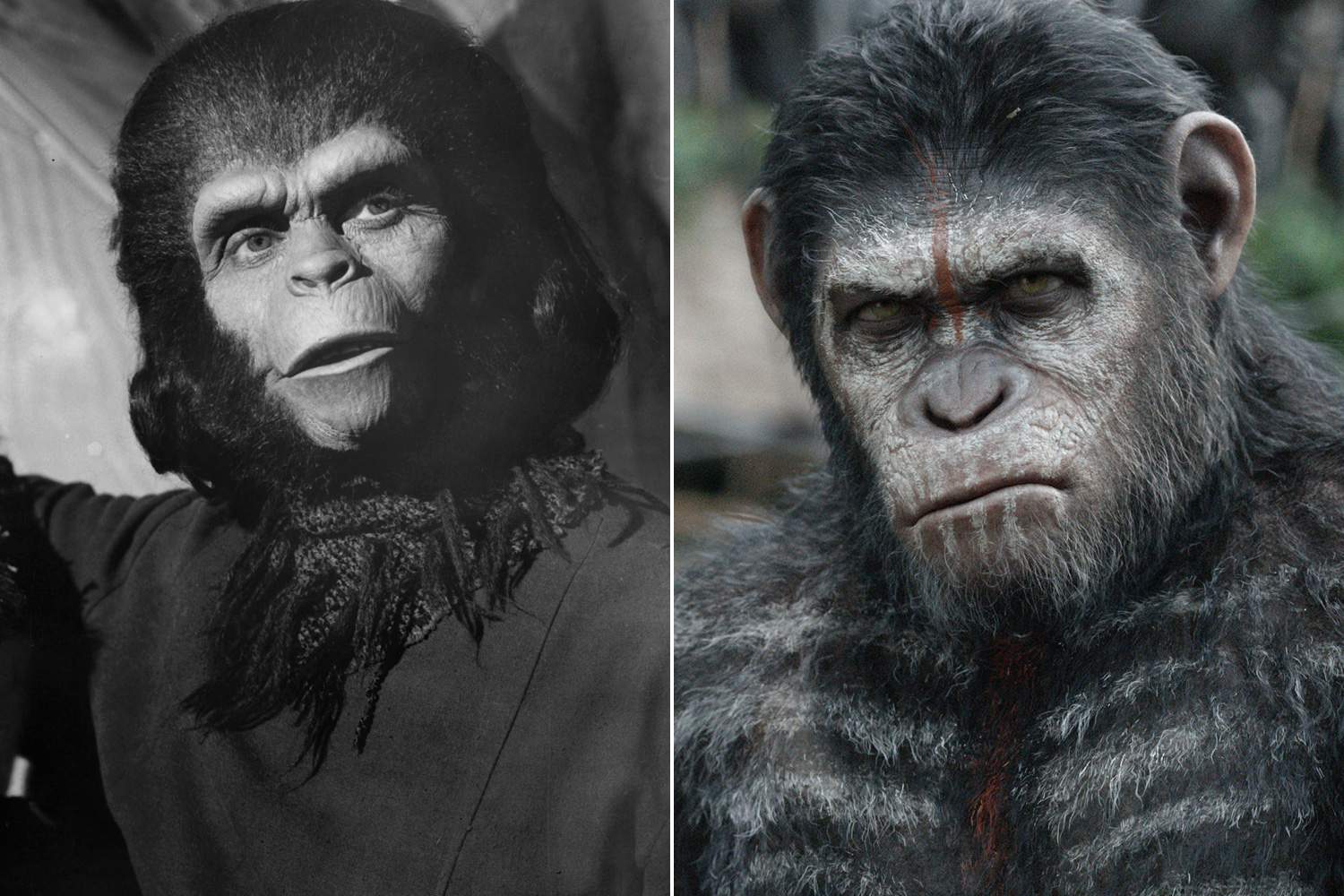
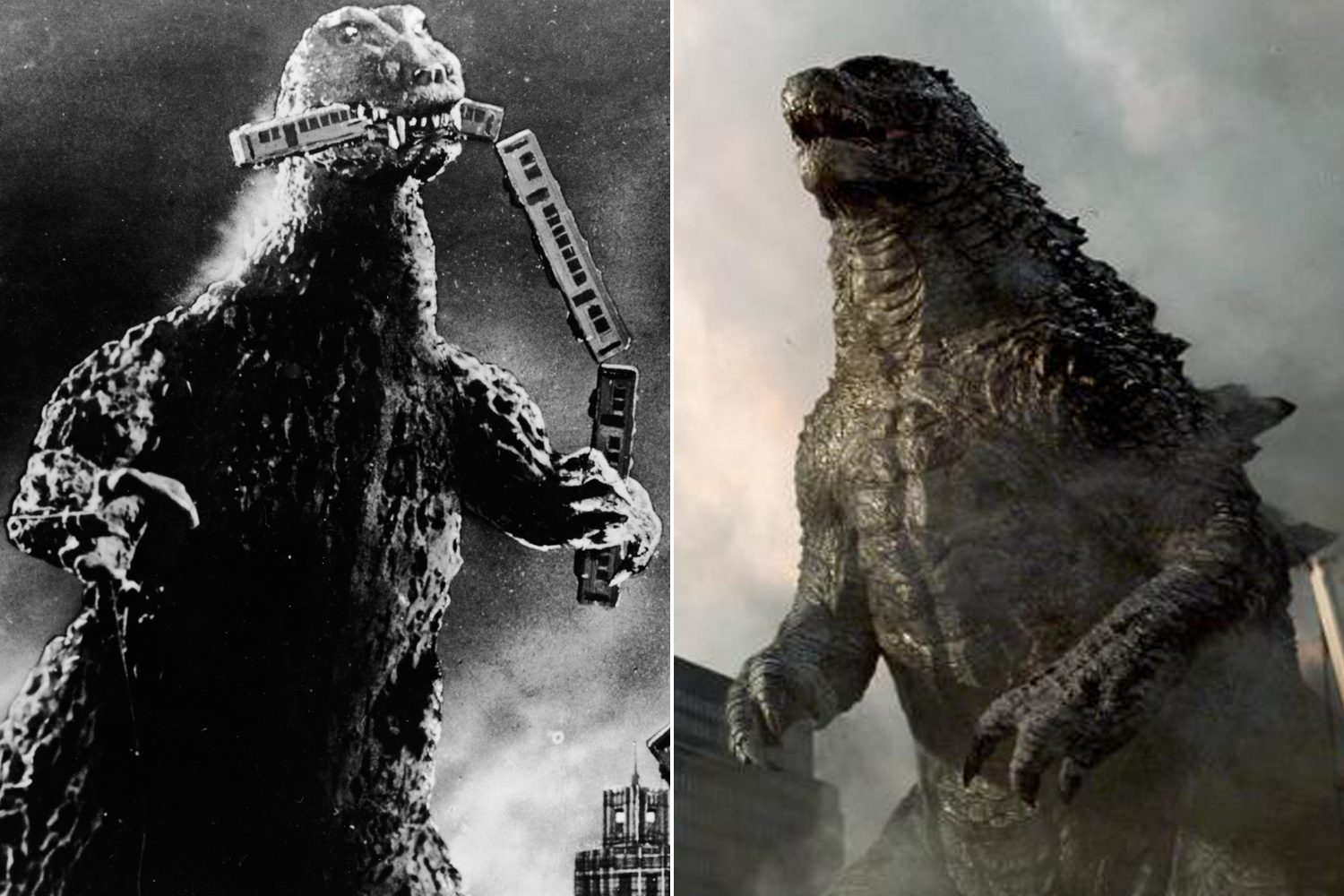
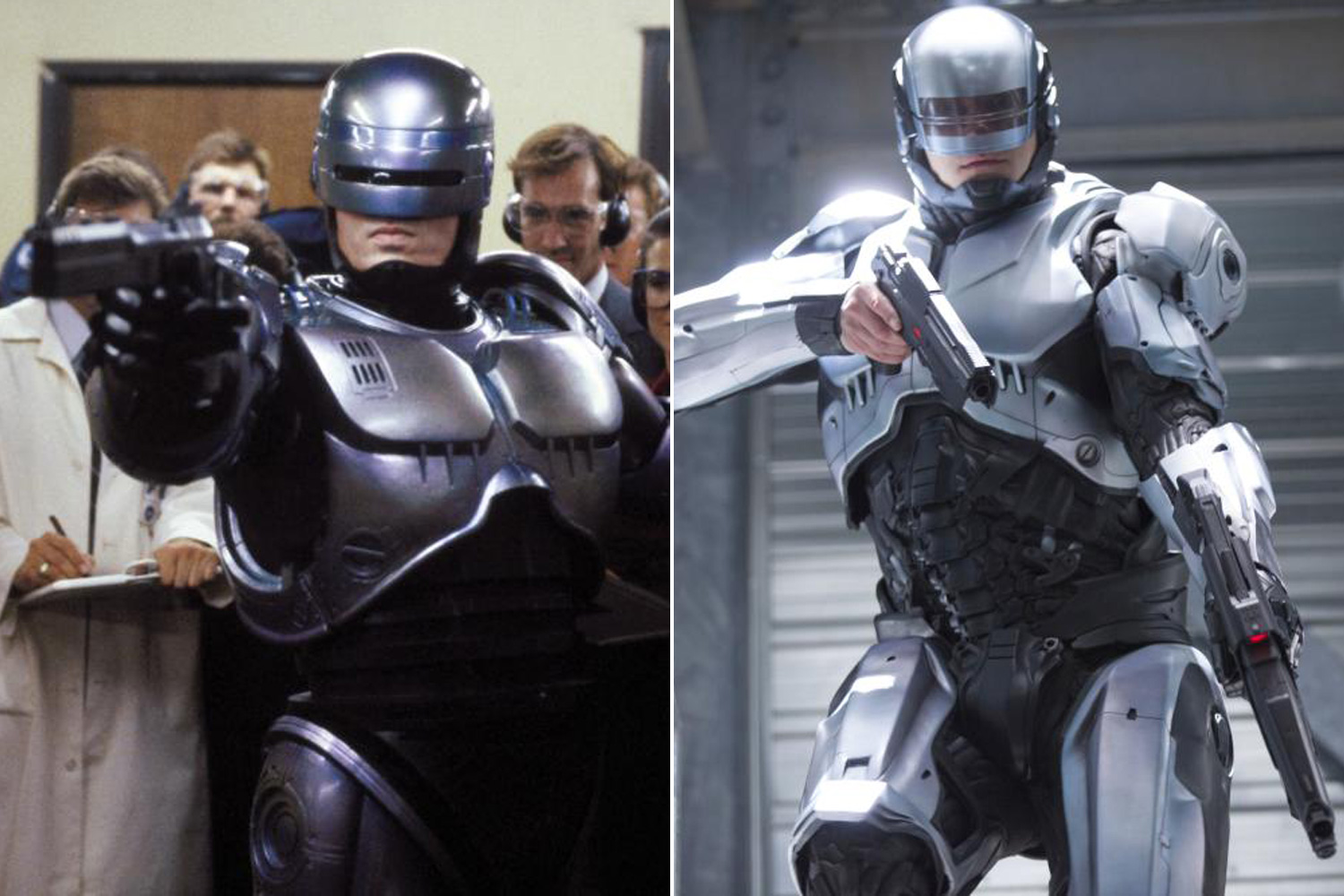
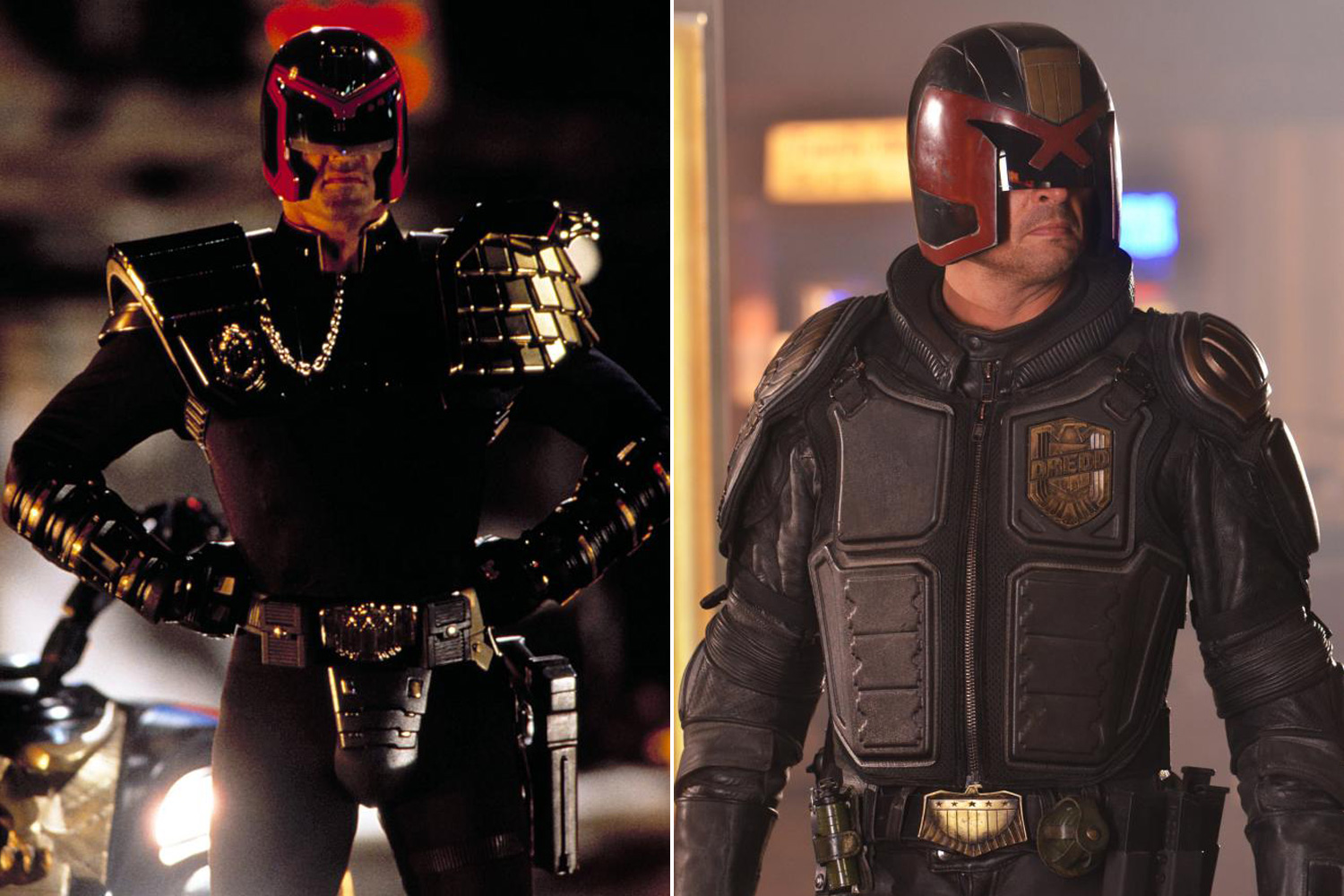
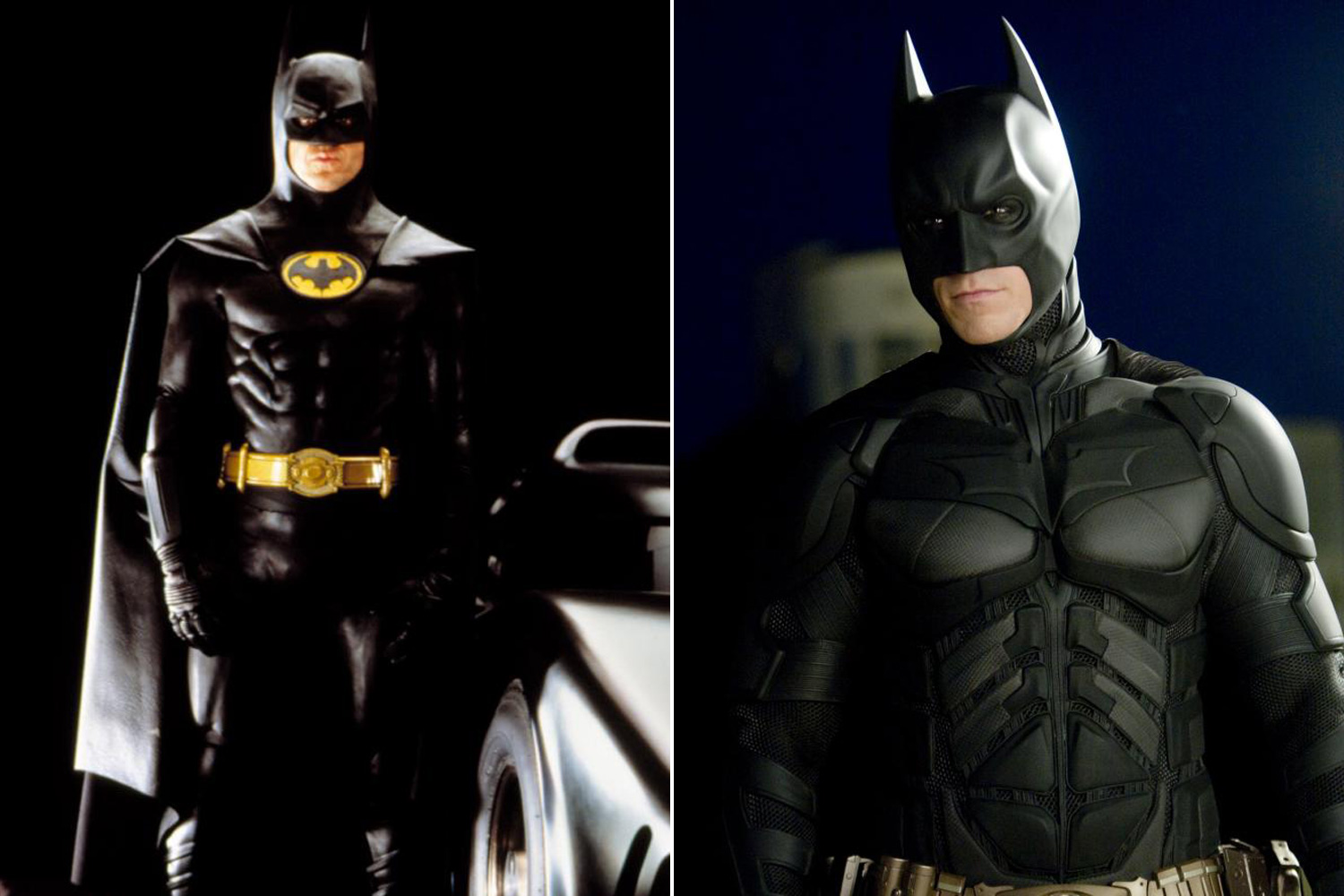
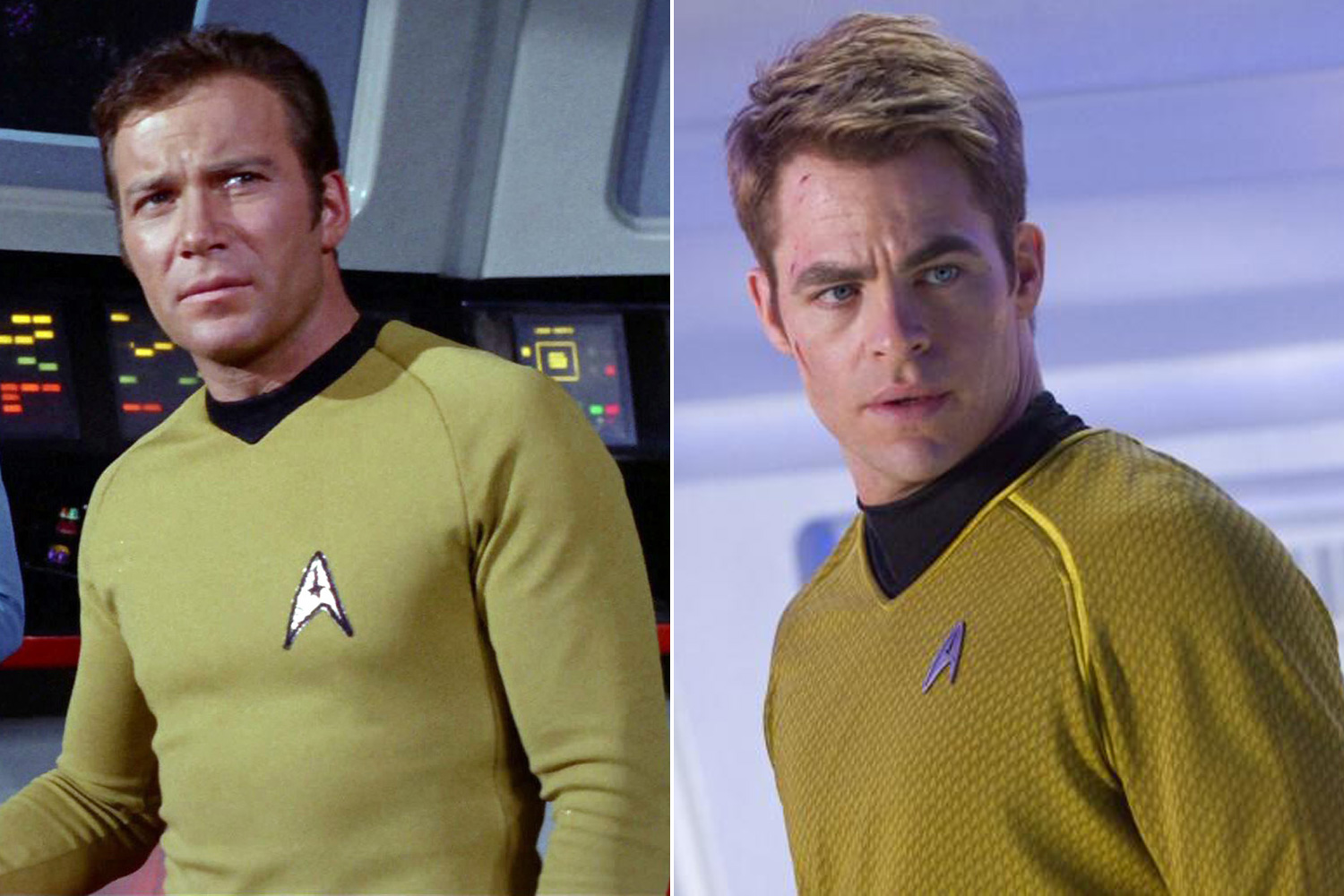
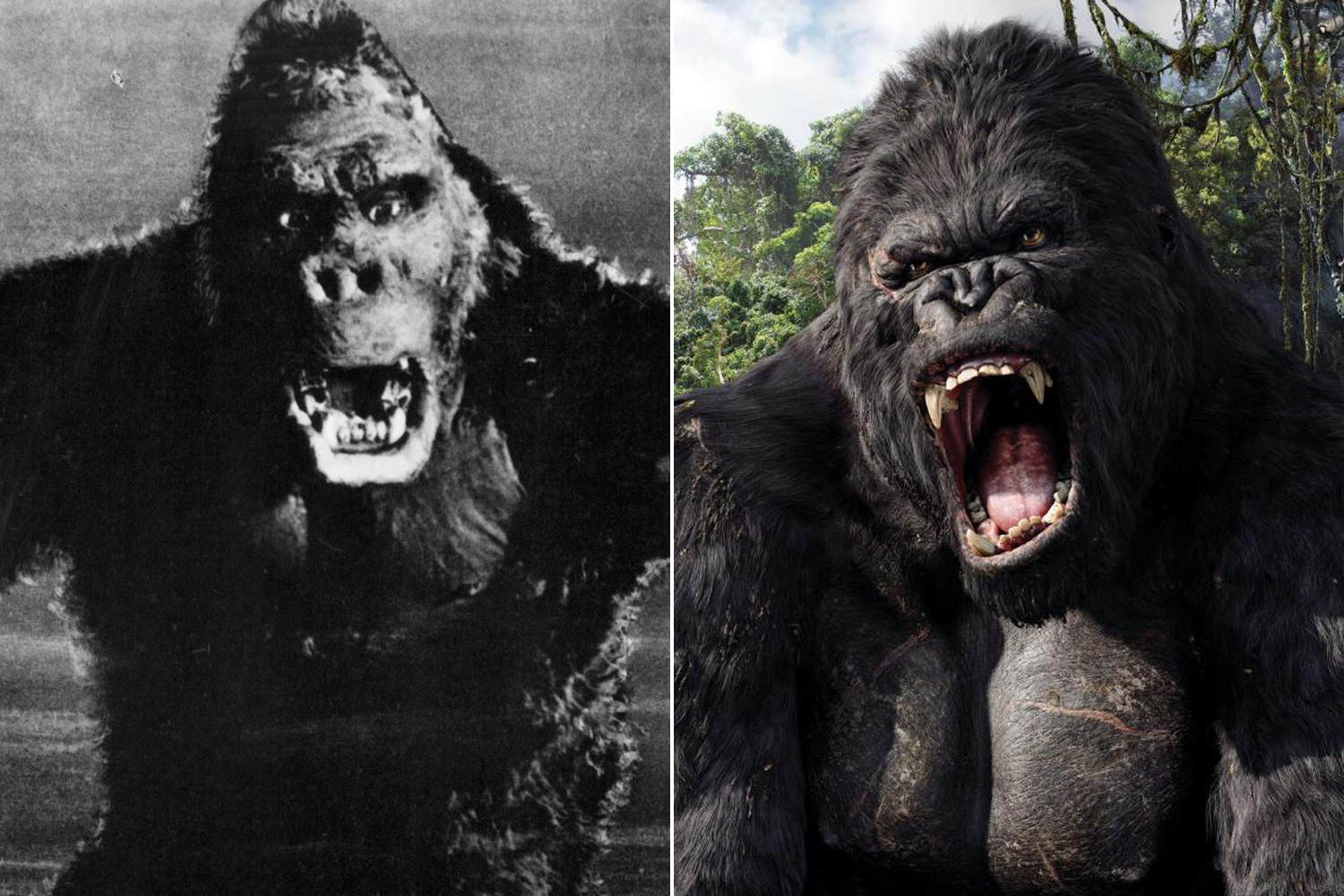
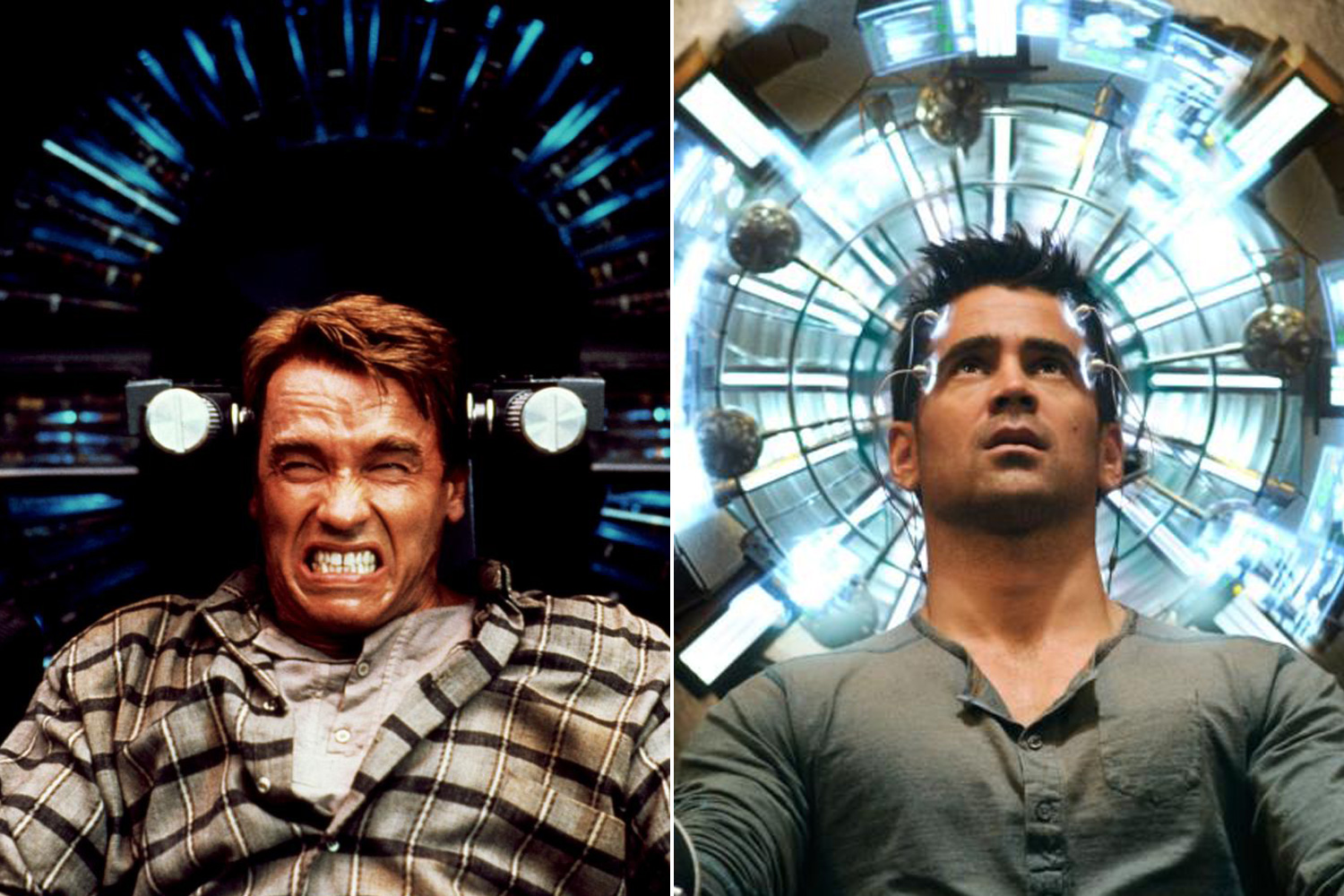
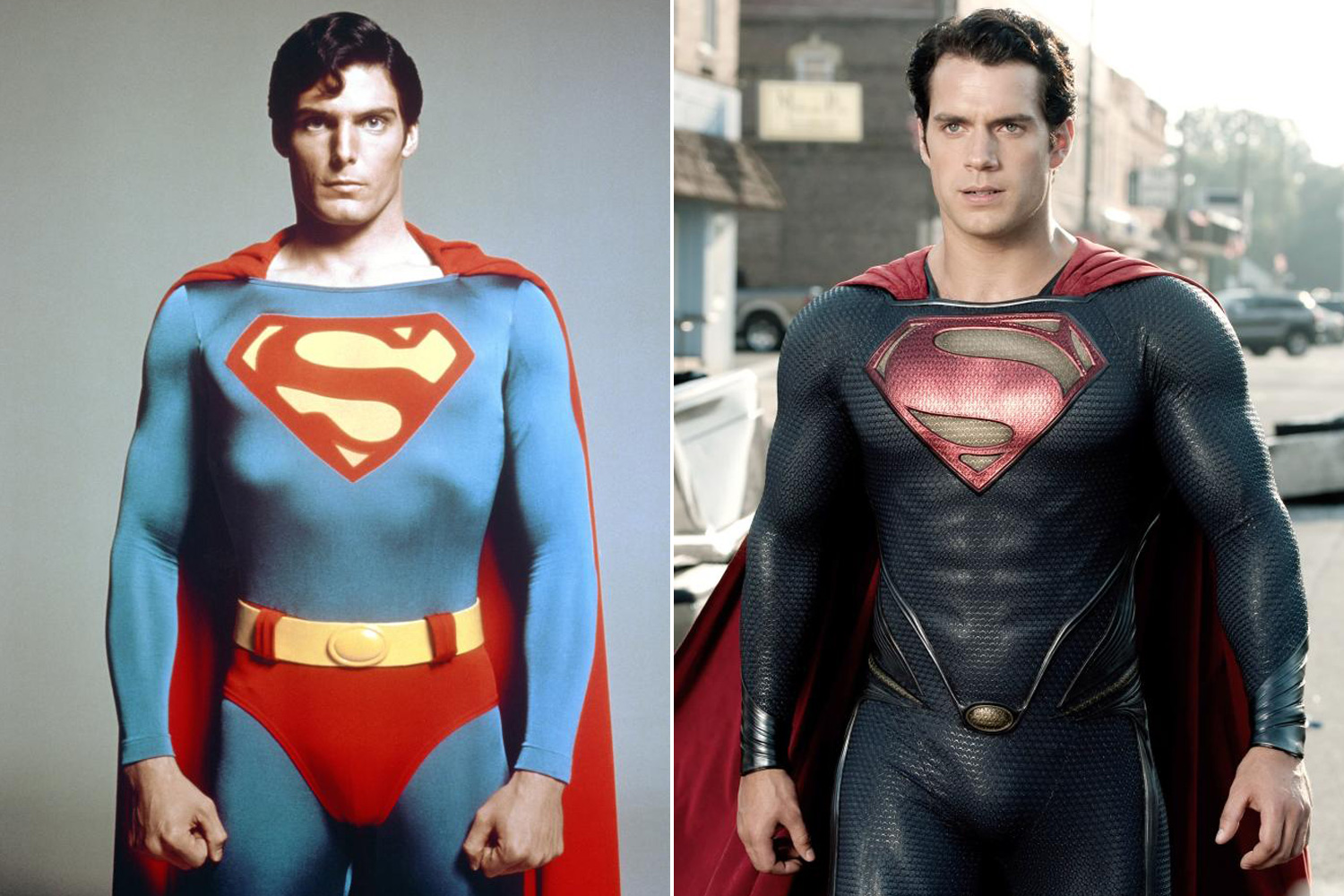
More Must-Reads from TIME
- Cybersecurity Experts Are Sounding the Alarm on DOGE
- Meet the 2025 Women of the Year
- The Harsh Truth About Disability Inclusion
- Why Do More Young Adults Have Cancer?
- Colman Domingo Leads With Radical Love
- How to Get Better at Doing Things Alone
- Michelle Zauner Stares Down the Darkness
Write to Eliana Dockterman at eliana.dockterman@time.com